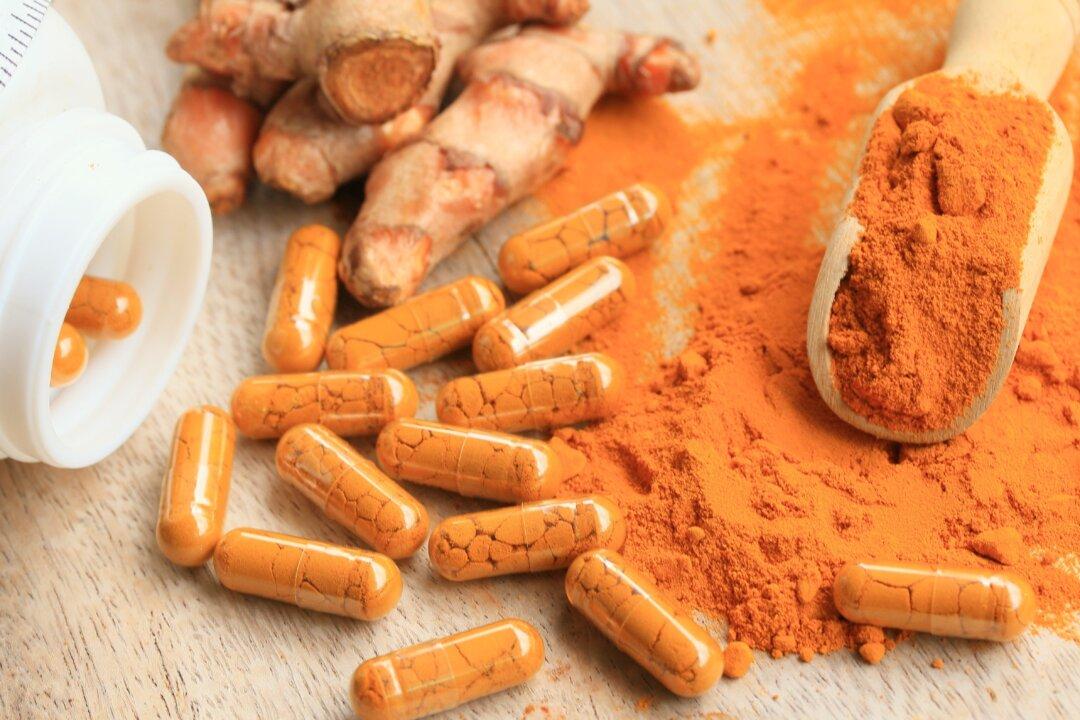Australia’s Therapeutic Goods Administration (TGA) has revealed a rare yet potentially fatal link between the consumption of turmeric and liver injury.
In an Aug. 15 statement, the TGA said it received 18 reports of liver problems that were experienced by consumers who took products containing turmeric and its product curcumin. Of the 18 reports, nine had liver injuries, two had severe symptoms, and one had a “fatal outcome.”





